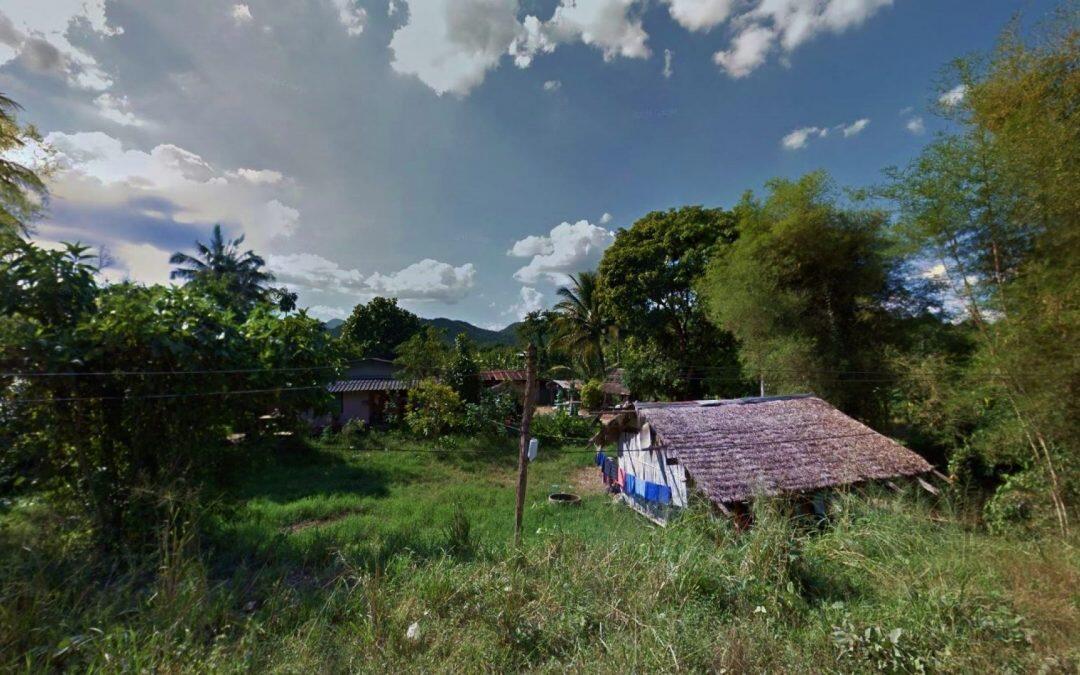In that village, solar panels and stoves are fueled by cow dung, an alternative energy source, that spares the villagers the negative impacts of fuel. The idea was initiated when 44-year-old Wisut Janprapai was told by his friend from Myanmar that faeces could be used to power a cooking stove.
“At first we didn’t believe it,” he told AFP from outside his wooden home, which is surrounded by fruit trees and under the shadow of a mountain range that lines Thailand’s western border with Myanmar.
After years of experimenting, nearly 100 families in the rural network have small stoves running on blue bio-gas balloons, which are hulking polyester sacks that fill up with methane gas after microbes break down the animal manure and other organic waste packed inside.
“It’s nothing complicated, just put the food and waste in,” explained Mr Kosol Saengthong, the leader of the network. “And then the gas will come”.
Unfortunately, the rest of Thailand runs mainly on oil, coal and natural gas, and most of it is imported. Successive governments, including the current junta, have warned that the country faces an energy crisis on current consumption trends unless new power sources are embraced.
Knowing that Thailand is the second largest consumer of energy in Southeast Asia after Indonesia, according to US government data from 2013, and the 22nd biggest user in the world, will it think of expanding this experience to other parts of Thailand, or adopting other clean solutions?
However, compared to countries surrounding it, Thailand is a leading investor in renewables and plans to increase its reliance on clean-burning fuels from 12 per cent to 25 per cent in the next five years.
What do you think of this renewable solution?
Facebook: greenarea.info











